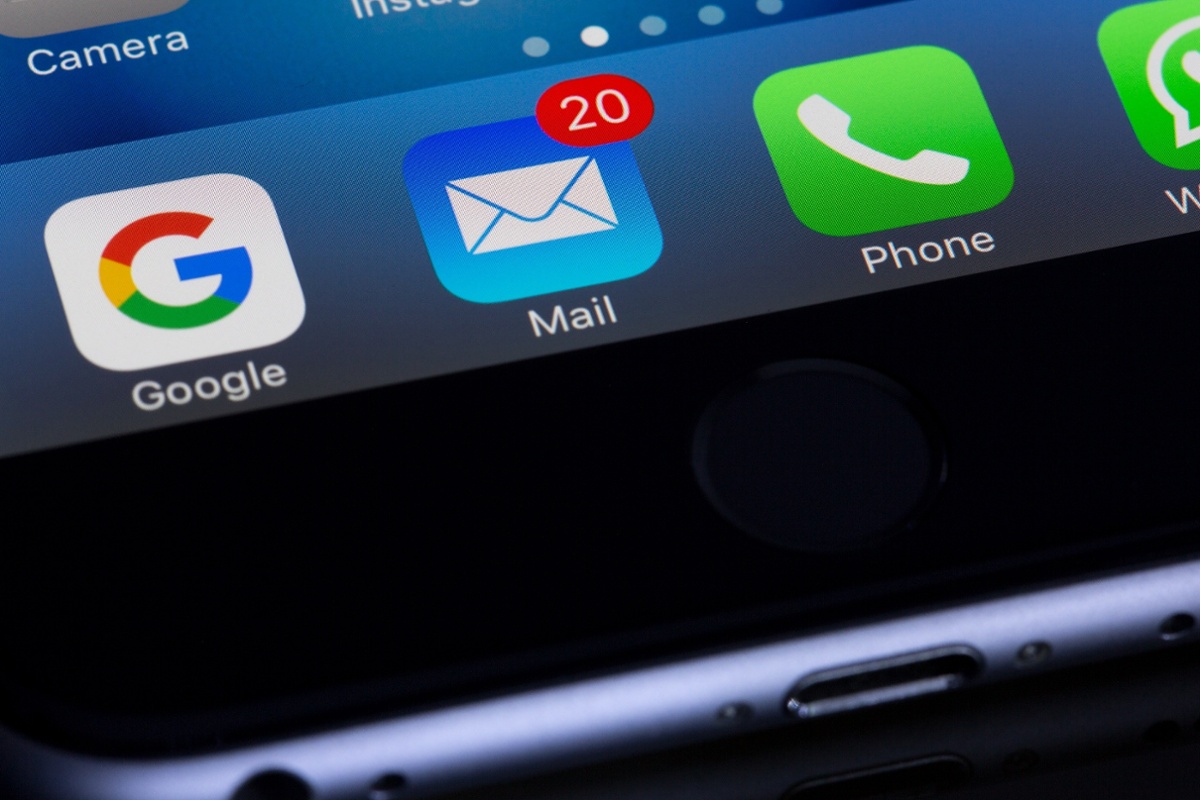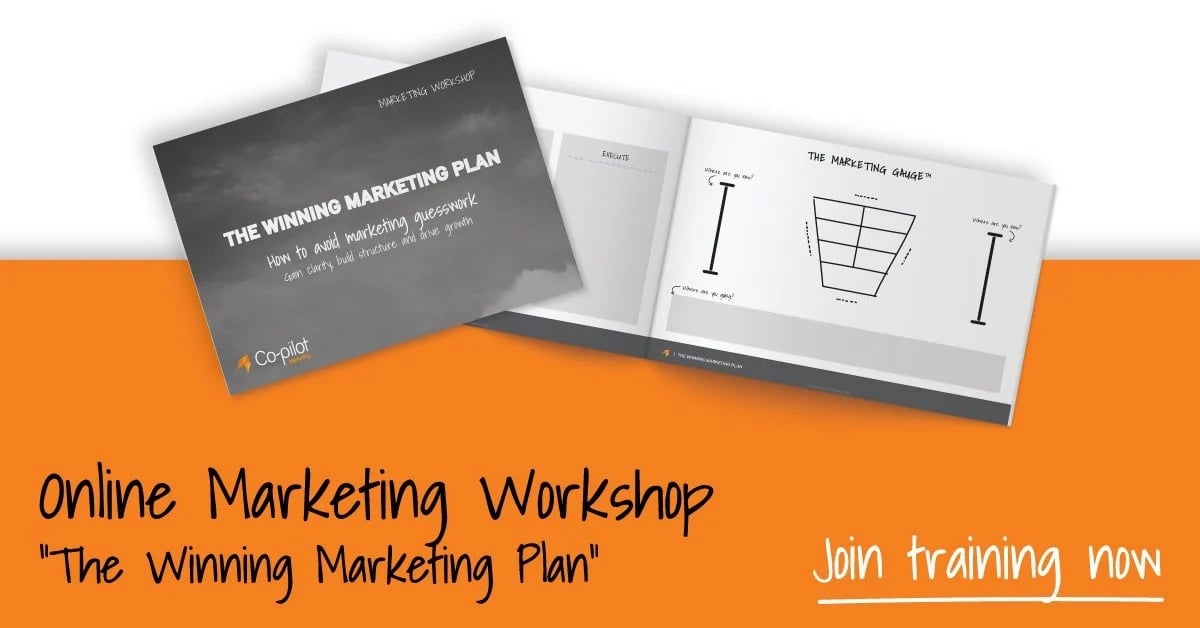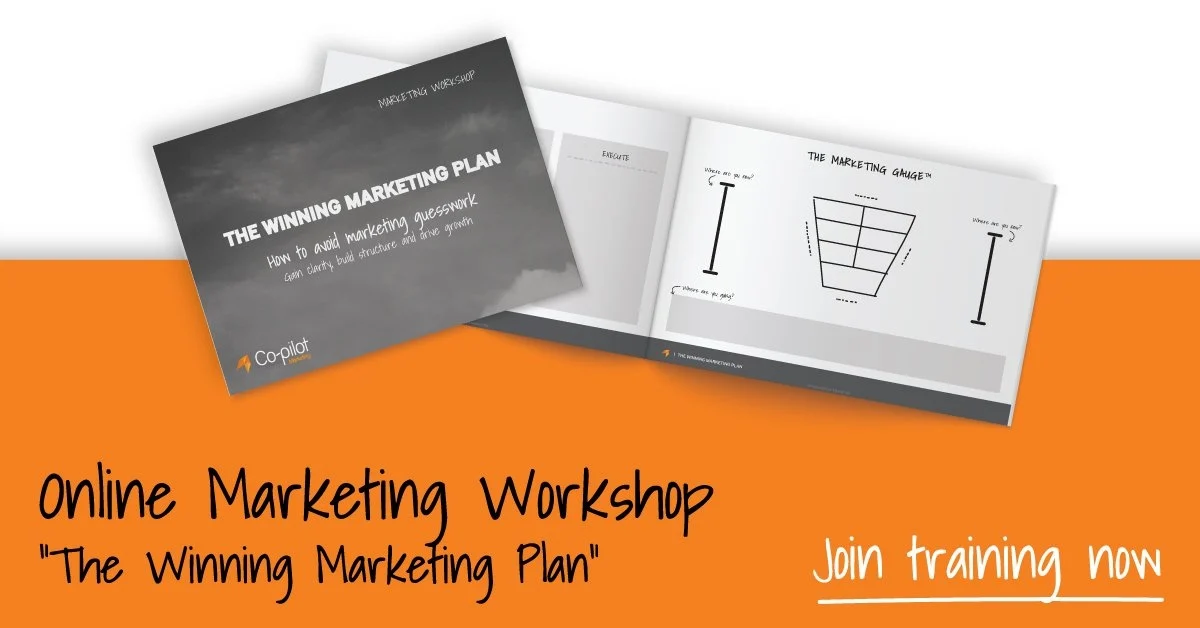
Is email marketing dead?
For whatever reason, I've seen this question pop up in Facebook groups, in community forums and on webinar Q&A sessions. People are saying things like:
Our engagement has been dropping for years; people don't open emails anymore.
These comments seem to be prompting others to disregard the power of email and buy into the belief that it won't work for them. It's a risky belief to have, so let me bust this myth for you.
Email marketing isn't dead and it's not dying. It's evolving.
It's still one of the most effective methods for building a relationship with your leads. The challenge for many businesses is that they make many avoidable mistakes that have a compounding impact.
Let me explain what I mean.
If you get poor engagement in your emails, it affects the deliverability of future email campaigns, which leads to poor engagement. So the cycle continues - it's a self-fulfilling prophecy. You question the effectiveness of email marketing, compare high-level statistics and form an opinion that email is dead, when in fact, a different set of tactics can change your results completely and help you generate more demand for your services.
So, let me share a couple of the big mistakes I see businesses make, so you can ensure you avoid them.
Spam Indicators
You don't want the recipient's email client (Outlook, Gmail, etc.) to automatically determine your email is a marketing promotion, or worst still, spam, and relegate it to a folder that never gets checked.
If your email doesn't make it to the inbox, then it will be a miracle if it gets opened.
So, avoid exclamation marks, all caps, overtly salesy language, too many images and other indicators that are triggers for an automated system to deem your email as unworthy for the inbox.
Sending to Disengaged Contacts
If you keep sending emails to people who never open them, then your overall email deliverability will be much lower than if you only sent emails to those who are likely to open them.
Some email marketing software has pre-set logic you can apply, such as not sending emails to contacts who have not opened your last 11 emails. That's not to say you need to forget about these contacts; you need a separate re-engagement strategy for them.
Bad Subject Lines
There's a lot to getting subject lines right, too much for me to do justice in this quick summary, but let me give you a simple exercise to follow for now.
Step 1 - Send yourself a test version of your email, open it on your phone and see how much of the subject is visible; it will be less than you think.
We want your subject line to be concise and engaging. We need to encourage the click without being inauthentic.
Step 2 - Compare your subject line with other marketing emails and the emails you get from colleagues, existing clients and suppliers.
Is the language of your subject consistent with someone who is promoting and selling, or more like a trusted connection?
Despite the fact that there's no real magic in these 2 steps, I'd encourage you to do it. I'm convinced you'll see some immediate opportunities for improvement.
Lack of Personalisation
When I talk about personalisation, people often think I'm referring to using your prospects name in the subject line. Using these email tokens is a component of personalisation, but there's a lot more to it.
We need to chunk up a level.
The goal of your email, or your marketing more broadly, is to have one-to-one conversations with your audience at scale. This is what helps you generate and nurture high-quality leads.
We need to ensure that we are meeting our prospects where they are with what they need.
So, why do they need this email? The answer to this question will help determine how you personalise it to them.
Sure, using their name and business name in the subject line, preview text and email body can help, but we need to be more considered than that.
What are their challenges, fears, frustrations, barriers, thoughts and other emotions? Through knowing this, you can develop content that can better help them.
Not Delivering on Your Promise
Your email marketing should build a relationship with your audience, so make sure that your email delivers on the promise that your subject gives. Otherwise, your contacts will be less likely to open subsequent emails, and this kick starts that self-fulfilling prophecy we spoke about earlier.
I see too many businesses using subject lines that promise the world, but the email does the equivalent of delivering a handful of sand.
If, as a kid, you were told the story of the boy who cries wolf, then this is the exact same thing. If your emails fail to live up to their subject lies, then people will distrust you as a sender, so if you ever did have something truly great to provide, then they won't trust the subject and are unlikely to open the email.
If more marketers move away from email marketing as a channel, it helps the rest of us out. So, while it would be easy to say email is dead, the truth is, it's not.
So, ensure you build your internal marketing capabilities so that you can attract more ideal-fit clients.








Speak Your Mind